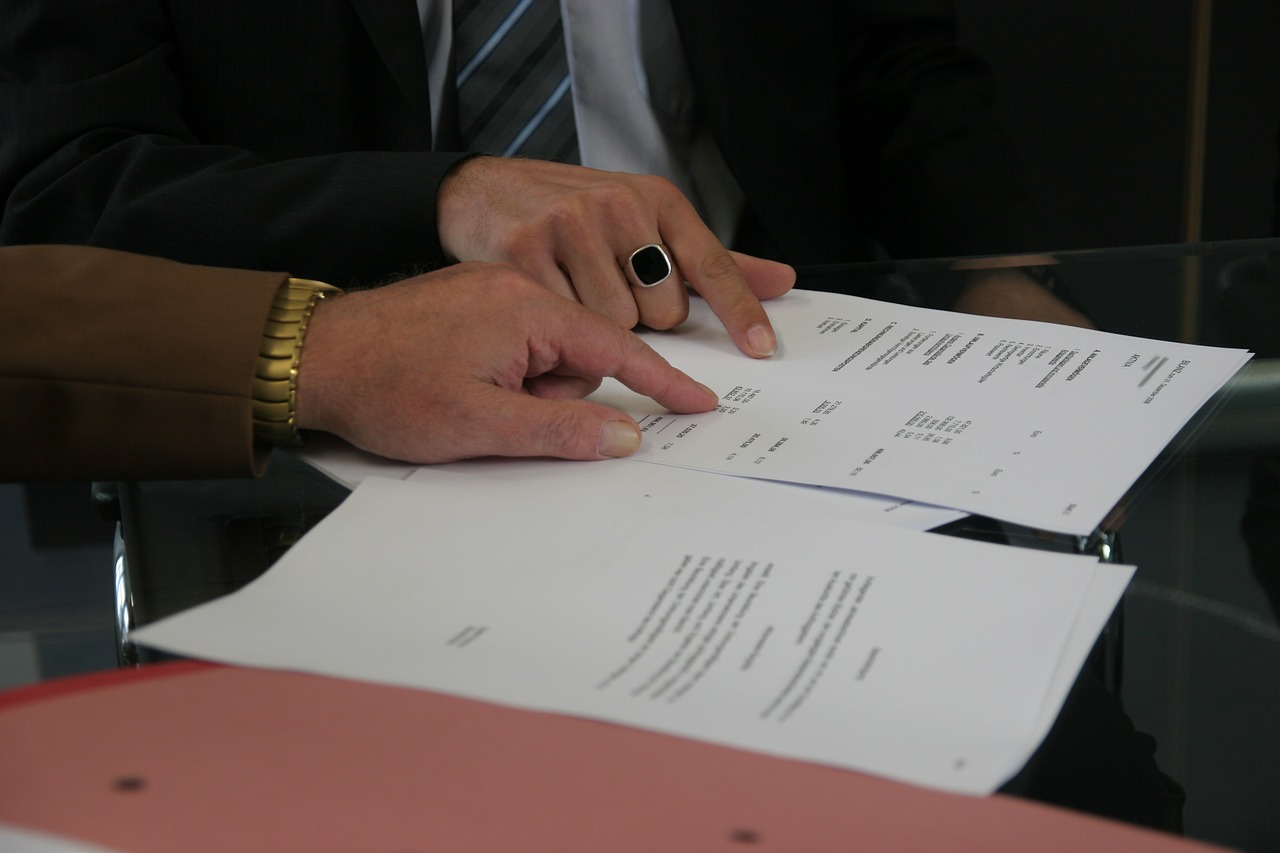Ethics and Adjusting Claims
Adjusters face tough situations when it comes to acting in an ethical manner with the various entities that they deal with when adjusting claims. Adjusters must maintain ethical conduct with the party that contracts for their services. Company adjusters owe that conduct to their employer; independent and public adjusters owe that loyalty to the party that hires them to handle the claim. All parties to a claim, the insured, the claimant, vendors, attorneys, other adjusters, and anyone else who has a vested interest in the fair and equitable settlement of the claim, are also owed ethical consideration by the adjuster.
The adjuster must obtain truthful and factual information in the investigation and settlement of the claim. This information comes from disinterested parties as well as from interested parties. Insurers and self-insureds will set reserves or set aside funds to pay the claim and related expenses based on the information provided by the adjuster. The adjuster is expected to be the eyes and ears of the party who contracted for his/her services. The party who contracted the adjuster to investigate the claim expects that he/she will be honest, forthright, and ethical in dealings with all parties to the claim. Unethical behavior will jeopardize the handling of the claim. Such conduct could make the parties who contracted for services to be viewed in the same unethical manner as the offending adjuster.
Insurance companies or self-insureds sometimes rely on the adjuster to review and interpret coverage. The adjuster is obligated to give an honest assessment of coverage. If the adjuster has any doubts about coverage, he/she must immediately bring it to the attention of the party or parties who contacted for his/her services and make them aware of the situation. Hopefully everyone can come to a mutual agreement on how to interpret coverage. Often a decision is made to send the policy to a coverage attorney to obtain an opinion regarding coverage.
Independent adjusters, in most circumstances, do not choose appraisers, contractors, or other vendors. The contracting party may have that decision, or the contracting party may simply defer to the insured or claimant to choose someone they are comfortable with or who has done work for them in the past. There are many instances where the independent adjuster is simply hired to write the estimate, submit it to the contracting party, and close the file. Ethical consideration still applies as the adjuster is expected to write a clear, concise, and fair estimate based on his/her observation of the damages. Attempting to bury the deductible in the estimate is unethical because the contracting party is asked to pay for more than the fair and equitable value of the loss.
Claim investigations should be done to protect all parties who have an interest in the resolution of the claim. For example, it would be unethical to investigate the claim in a manner that would show favoritism of one party over another rather than a fair, unbiased investigation. Such conduct might allow one party greater leeway in determining liability and place more responsibility for fault on another party, when in actuality both parties could be equally at fault. The focus of any claims investigation must be on the accumulation of facts and reliable information.
Another area where ethics plays an important role is the method of gathering information and facts. Falsifying data or providing misinformation can be detrimental to the eventual resolution of the claim. Unethical behavior can make settlement impossible because one party has presented information that, while favorable to their side, is false or presents an image of no liability when the opposite is actually the truth. Equitable resolution of claims can only be accomplished when the truth is presented and facts are clearly stated for all parties to see and understand.
Adjusters are often presented with information from attorneys, carriers, insureds, claimants, self-insureds, and others that is false or provides incorrect facts that attempt to strengthen one party’s cause of action and weaken another party’s claim. The adjuster must make every attempt to try to investigate the claim and verify what is factual and what is false. He/she may use attorneys, state officials, private investigators, cause and origin investigators, specialists, or other sources who can confirm, verify, or refute documentation presented by other parties to the claim. The adjuster should attempt to keep all parties to the claim appraised of the investigation and be ready to answer any inquiries relating to facts or information discovered in the course of the investigation.
The adjuster must keep his/her superiors and those who have a vested interest in the resolution of the claim updated regarding the possible unethical behavior of others. This behavior can cast doubts as to the ability of all parties to reach a fair and reasonable settlement. Unethical conduct may lead to litigation and possible legal consequences for the guilty party. Ethical behavior, on the other hand, leads to an equitable resolution of the claim.
This article was provided courtesy of Charles W. Stoll, Jr. For more information, please contact him directly:
Charles W. Stoll, Jr.
1920 S. Highland Avenue, Suite 113
Lombard, IL 60148
Tel: 630-678-8141
Fax: 630-678-8146
Email: cstoll@cl-na.com
Mobile: 630-512-1575

